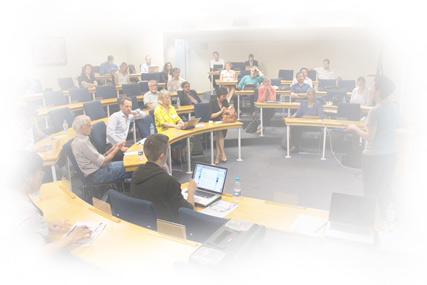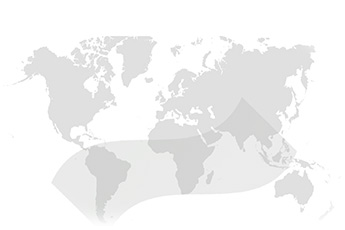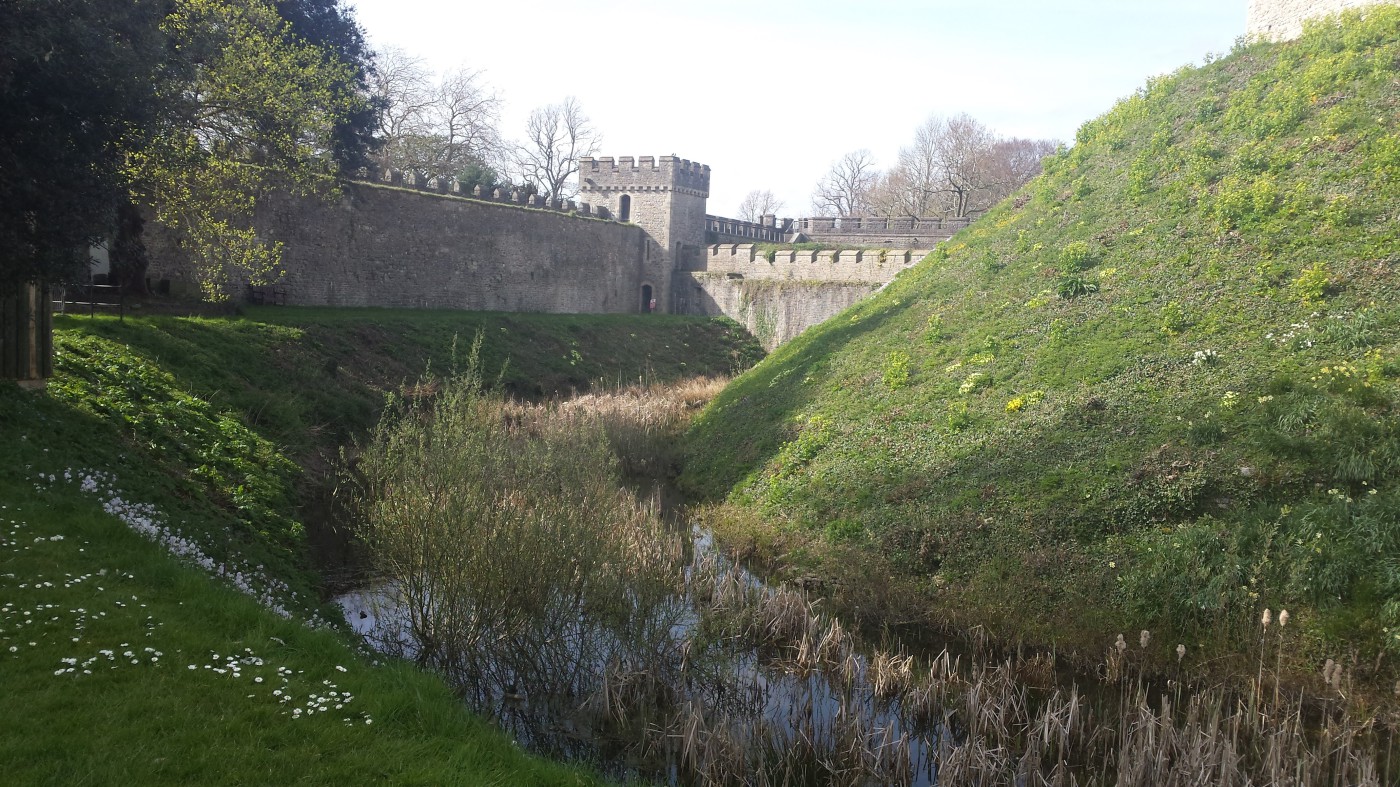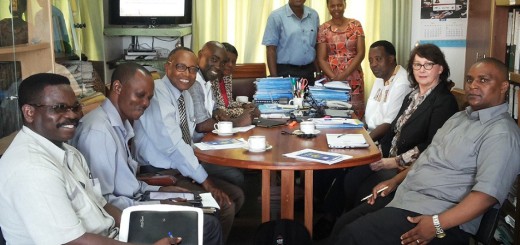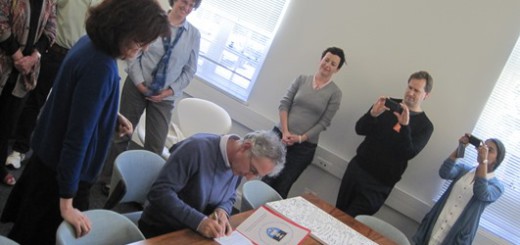ROER4D PI Cheryl Hodgkinson-Williams and Communications Advisor Sukaina Walji attended the OER15 Conference in Cardiff, UK in mid-April. Below is Sukaina’s overview of the conference including a reflection on its overall theme of “Mainstreaming Open Education”.
Our purpose for attending OER15 was to share with a broader OER community the work and aims of the Research on Open Educational Resources for Development (ROER4D) project. Fortunately, we were able to fit in this conference on route to OEC Global in Banff (see Cheryl’s blog post reviewing this). With the ROER4D project one year into development, while we only have emergent and early findings about the adoption and impact of open educational resources in the Global South, our strategy of engaging with the broader OER community means that we are keen to meet and interact with OER practitioners and researchers and talk about the process of conducting OER research in the Global South, to help create interest and expectancy about the findings as they emerge.
ROER4D presentations
Both Cheryl and I presented at the conference. Cheryl’s presentation Non-English speakers’ use of OER: consumers or contributors and with the session facilitated in both English and Welsh by Dafydd Trystan there was a practical reminder that acknowledging multiple language issues in OER research spans both Northern and Southern contexts.
I presented a “lightning talk” on one of the new ROER4D Impact Studies which is investigating the Impact of MOOCs as OER on educators’ open educational practices. I’m part of the research team working on this project, and I shared some initial observations about how working with MOOCs as a form of OER was leading to a “forced” engagement with OER and open licensing mechanisms such as Creative Commons. Ordinarily educators developing courses could choose to ignore or need some sort of intrinsic rationale for why they might want to release their materials as OER, but initial findings suggest that when designing a MOOC the educators and course design team need to find or create resources that are openly licenced as registered participants in a MOOC do not have access to an institutional library, nor is it usually acceptable to ask students to pay for materials or buy a textbook. This research will track the impact of this engagement with “open” on the practices of educators who have made MOOCs.
Keynotes on “mainstreaming open education”
As well as our own presentations, the four keynotes spoke to certain aspects of the overall theme of “mainstreaming” open education. Cable Green, from Creative Commons spoke passionately about the need to ensure that publicly funded resources are made publicly accessible through Creative Common licences, and that in his view the full ‘5’ Rs, as promulgated by David Wiley, would need to be adhered for a resource to be, in his opinion, truly “open”. Echoing the conference theme of mainstreaming OER, he asked participants to tweet to the hashtag #OERplan to crowdsource ideas that would contribute to an OER Implementation plan.
The second keynote, Josie Fraser, ICT strategy lead for Leicester City Council, showed how a council-wide initiative in the British city of Leicester to allow school teachers to use Creative Commons licences to legally share educational materials has resulted in the creation of not only OER but guidance to support other schools and teachers. The third keynote, Airing my Open Washing, Sheila MacNeill, from Glasgow Caledonian University spoke from her perspective of a “mainstream” teaching and learning context that has necessitated taking a pragmatic and flexible approach to open education. She acknowledged that being in the “mainstream” has its costs, and that even for open education practitioners, picking battles carefully, looking to make inroads flexibly and leveraging opportunities as they arise could prove to be fruitful and sustainable.
The final keynote, Martin Weller from the Open University-UK, finished with a re-statement of his theme of the “Battle for Open” where he considered that what constitutes open and who is best placed to make it happen is deeply contested. With the increasing acceptance of open educational resources, open access, and lately MOOCs, as a form of open education, it would would seem open has achieved a victory. Yet, he argued, a narrative is emerging that seeks to paint those within higher education as the problem, and where external forces comprising corporate and technology interests are required to solve the problems of education. While a sobering and perhaps uncomfortable argument (made in full in Martin’s open access book The Battle for Open), the conference finished on perhaps a realistic view of some of the victories and challenges in what is a contested space.
That the conference attendees emanated mainly from the UK Higher Education sector made at times seem that our project to be a little on the fringes. Yet, quite apart from the extremely warm welcomes from the co-Chairs Haydn Blackey and Martin Weller and the opportunity to make new contacts and establish new networks, the types of questions at our sessions, the ongoing interest in our work and post-conference conversations suggest that there are shared issues of OER adoption, impact and mainstreaming (a proxy for a type of impact perhaps?) that span both North and South.
